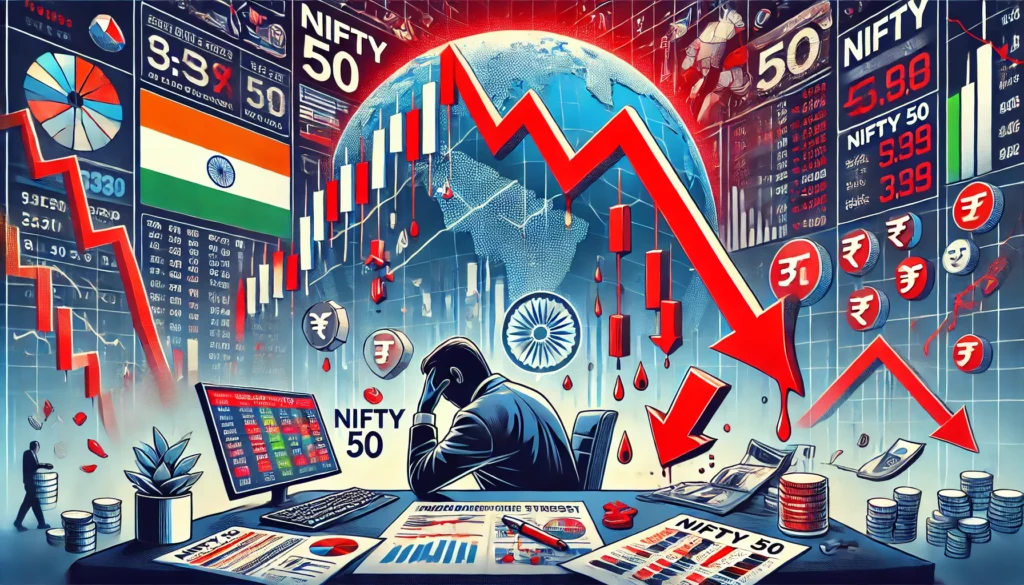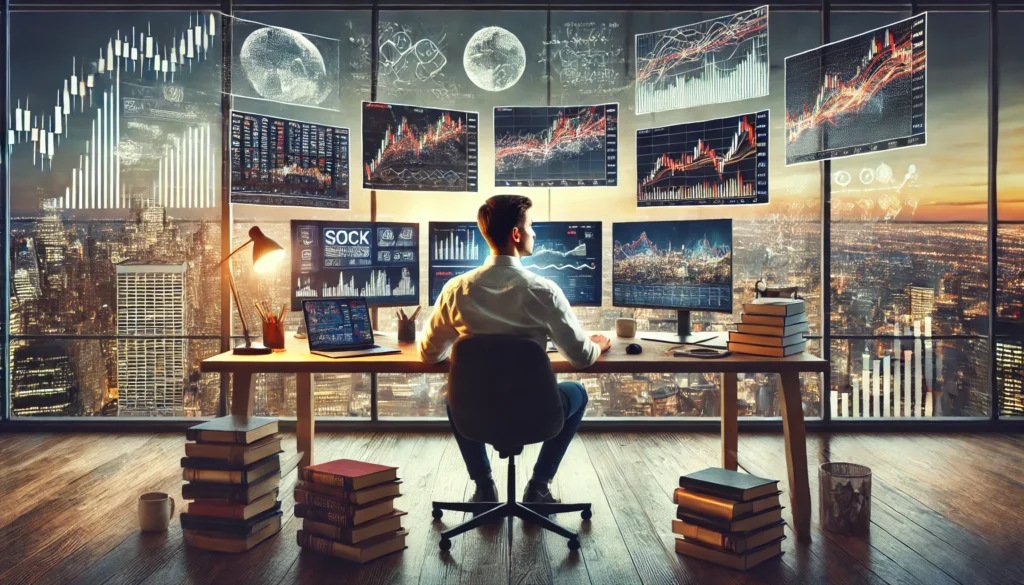Insider trading is one of the oldest illegal practices, which was considered a crime in the eyes of patient investors and regulators. Irrespective of the controversy and criticism, there are people who argue that there is a time and place for everything. The story behind every scandal offers critical lessons of poor ethical conduct, greed, and exceedingly slack regulatory environments.
What is insider trading?
The practice of insider trading is the buying or selling of a firm’s stock by someone who has access to confidential information about the company. Other individuals outside the firm are not privy to such information and only gain access following an official announcement made by the firm. Traders who have insider knowledge are able to execute orders at different price levels than most out there, which results in unfair losses for normal traders.
Tokens of trade that fall under this banner are reasonable, like the share of stock options exercised due to disclosure of a firm. This, however, accounts to being a non-tradeable form of insider bursting into use, hence putting at the offense of crime within the firm with supreme punishment waiting.
Notorious Insider Trading Scandals
The Ivan Boesky Scandal (1980s)
One of the foremost cases of insider trading in history is that of Ivan Boesky, a Wall Street arbitrator. Boesky made a fortune by trading using secret tips he was given from investment bankers. His downfall came in 1986 when he was caught bribing corporate insiders to get them to leak confidential information. He cooperated with the authorities, leading to many high-profile convictions, such as Michael Milken, the “junk bond king.” Boesky was sentenced to prison for 3.5 years and fined 100 million dollars.
The Raj Rajaratnam and Galleon Group Case (2009)
A hedge fund manager, Raj Rajaratnam, founder of Galleon Group, perpetrated one of the greatest insider trading scams in history. He created a web of corporate executives, traders, and consultants to fetch inside information from companies like Intel, Goldman Sachs, Google, and a hundred others. The case was constructed using wiretaps and marked a defining moment in the world of crime and finance. In 2011, Rajaratnam was convicted to 11 years of prison and a fine of 156 million dollars.
Martha Stewart and ImClone (2001)
Martha Stewart, a business mogul and celebrated media figure, got embroiled in the insider trading scandal of the pharmaceutical company ImClone Systems. Stewart sold her shares after her broker informed her that the FDA was most likely going to deny the approval of ImClone’s cancer drug. Even though she evaded prosecution for securities fraud, Stewart was found guilty for obstruction of justice and perjury. Stewart was sentenced to 5 months in prison along with hefty fines.
The SAC Capital Case (2013)
The most notorious case of insider trading is the one involving hedge fund manager Steven A. Cohen and his firm, SAC Capital Advisors. SAC traders had earned billions of dollars using insider information and committing fraud. While Cohen was never convicted, his firm admitted to trading on insider information and paid a whopping 1.8 billion dollars in fines. This led to harsher regulations surrounding hedge funds and trading.
The Tesla and Elon Musk Tweet Controversy (2018)
Even though it wasn’t strictly insider trading, Elon Musk’s 2018 tweet about taking Tesla private for $420 a share prompted an SEC investigation. It was considered a statement investment by Tesla, and looseness oscillated based on that tweet. Musk made a settlement deal with the SEC, giving a $20 million fine and removing him for the next four years as chairman of Tesla.
The Repercussions of Insider Trading
The consequences associated with insider trading are market manipulation and a number of severe repercussions, such as:
- Criminal Punishments: Most guilty parties reap the consequences of enormous fees and jail time.
- Loss of Reputation: Scandals result in well-known figures losing their business and personal image as well as businesses suffering.
- Regulatory Punishment: Laws post-major scandals are made progressively with severe limits or prevention to give room to future misconduct.
How Regulators Fight Against Insider Trading
Regulatory machines like the US SEC, the FCA in the UK, and SEBI in India work tirelessly to try and stop insider trading by:
- Monitoring and Reporting Programs: Verification of data connects to reporting incentivized unlawful trades with undercover employees.
- More Offense Charges: Offenses are linked to higher fees and jail time for those within insider trading, making it unattractive.
- Company Verification Programs: Businesses are made to take on external supervision to control the events of infringing insider information.
What Can Be Learned From these Scandals
The problem persists regardless of tight measures taken; it is, however, clear that insider trading is a worldwide problem. Individuals can identify the hints of these scandals by knowing the management system, staying up to date concerning the information flows, and lobbying for an open system. While there are constant threats of selfish interests and fraud, the guarantee of high-level governance together with strong ethical standards at the investment guarantees.



